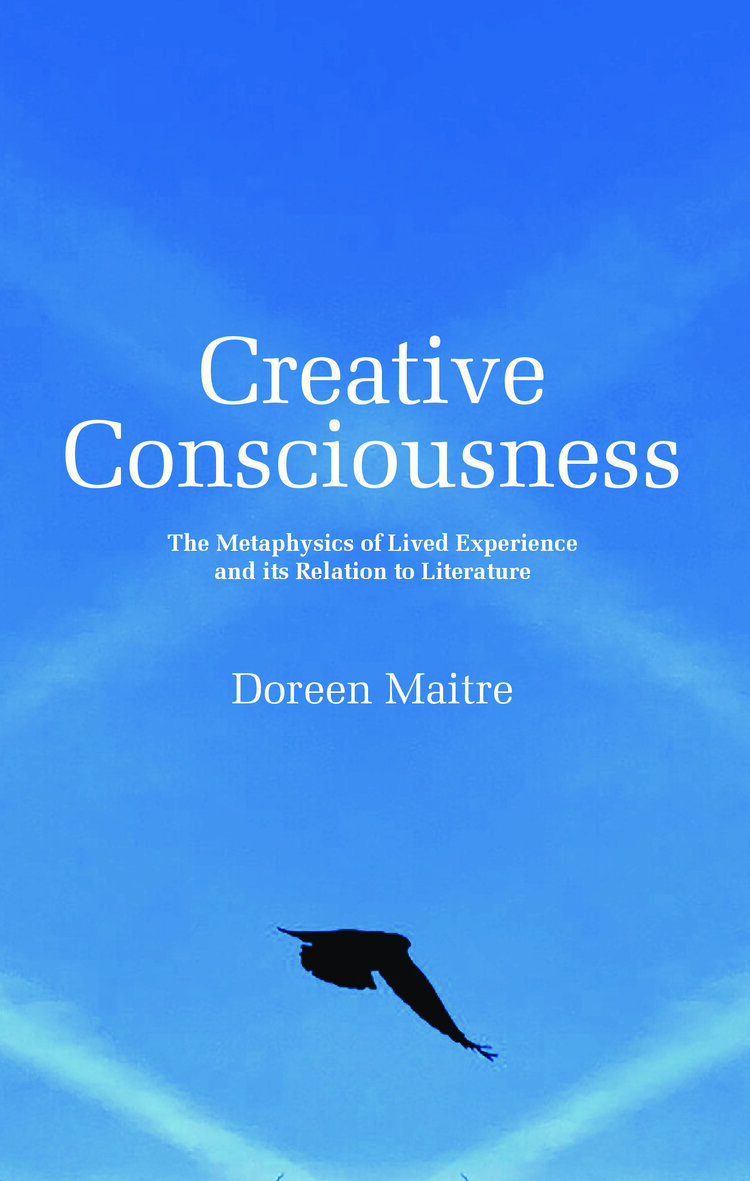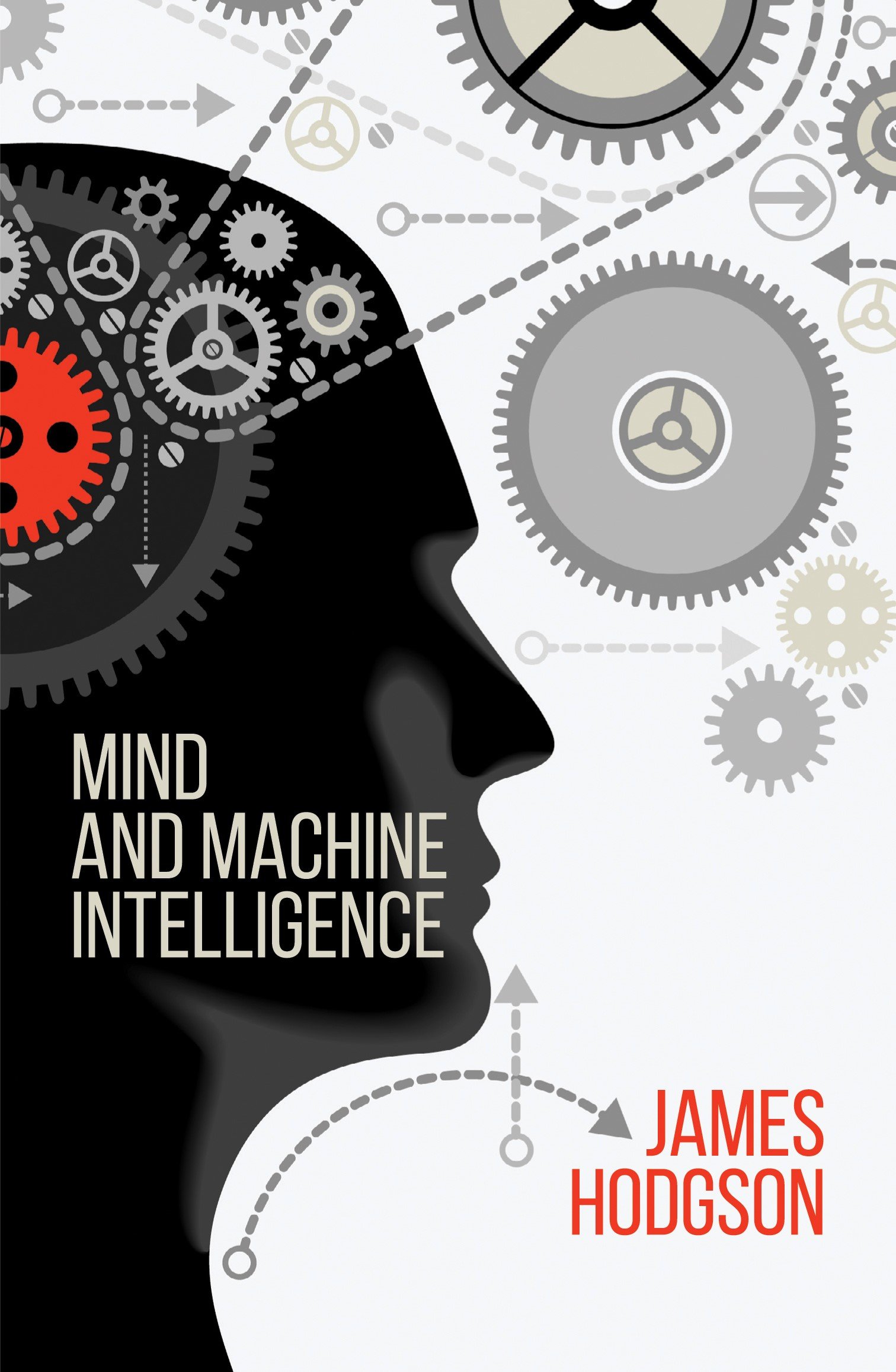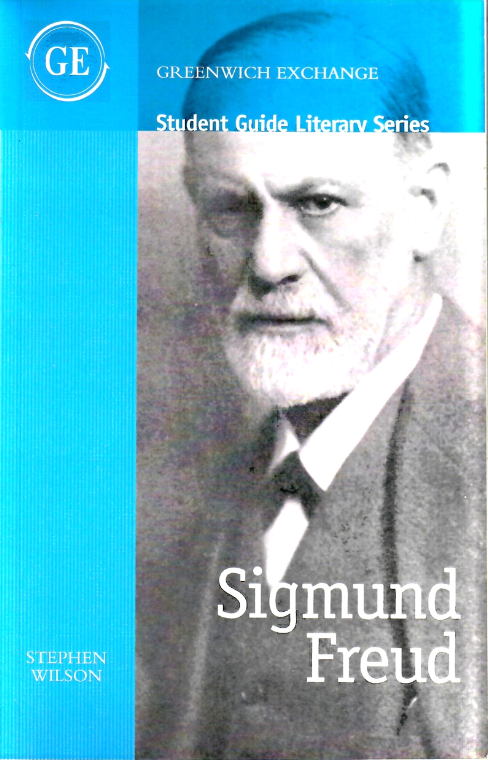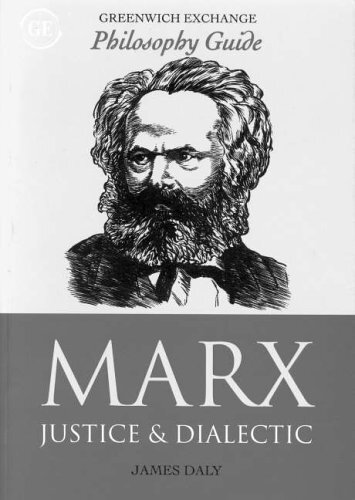 Image 1 of 1
Image 1 of 1


Truth or Fiction?
Truth or Fiction?, Doreen Maitre’s ‘lost’ work (it had been accepted for publication, but the publisher changed ownership before the manuscript was finalised), discusses how ‘philosophical issues may be embedded in a literary form’. An eclectic and surprising array of fiction writers are discussed. Most intriguingly, she looks at popular fiction (John Buchan’s Greenmantle) to suggest that the way genre fiction centres its characters on action and decision provides a version of agency that is as valid, in its way, as debates about agency in philosophical literature. The whole book is written with stylistic verve and insightfulness, and adds significantly to the literature on the relations between literature and fiction. Giles Goodland
This is a fascinating book, exploring in some depth while, in a relatively brief setting, challenging and engaging issues with regard to the nature of philosophy. Maitre divides her argument into two main sections – that of literature and that of philosophy, and draws out the connections and inter-relatedness of these two areas, in terms of examining what might be seen as the nature of truth.
She offers specific examples, starting by digging deep into five particular novels (Thomas Mann’s Death in Venice; John Buchan’s Greenmantle; Virginia Woolf’s The Waves; Umberto Eco’s The Name of the Rose; and Martin Amis’s London Fields). She looks at the nature of fiction and what this says about truth in a whole variety of ways, including the analysis of the nature of persons and their interaction and what this contributes to philosophical thinking.
The second half of the book looks at six specific philosophers (Plato and Socrates; Hume; Kant; Mill; and Ryle), including references to particular aspects of their lives and giving brief summaries of key parts of their writing. These include a look at such areas as ‘Impressions and Ideas’, ‘Reason and Emotion’, the role of sense experience, Utilitarianism, and whether truth is primarily an individual matter or whether it can be seen as having social dimensions.
There is so much more to be said. I can recommend digging into this book as a means of covering the positive contribution of literature to the thinking about truth, and the variety of ways of philosophical examination of the nature of truth in today’s changing world. Elizabeth A Welch
ISBN: 9781910996768
176 pages.
Truth or Fiction?, Doreen Maitre’s ‘lost’ work (it had been accepted for publication, but the publisher changed ownership before the manuscript was finalised), discusses how ‘philosophical issues may be embedded in a literary form’. An eclectic and surprising array of fiction writers are discussed. Most intriguingly, she looks at popular fiction (John Buchan’s Greenmantle) to suggest that the way genre fiction centres its characters on action and decision provides a version of agency that is as valid, in its way, as debates about agency in philosophical literature. The whole book is written with stylistic verve and insightfulness, and adds significantly to the literature on the relations between literature and fiction. Giles Goodland
This is a fascinating book, exploring in some depth while, in a relatively brief setting, challenging and engaging issues with regard to the nature of philosophy. Maitre divides her argument into two main sections – that of literature and that of philosophy, and draws out the connections and inter-relatedness of these two areas, in terms of examining what might be seen as the nature of truth.
She offers specific examples, starting by digging deep into five particular novels (Thomas Mann’s Death in Venice; John Buchan’s Greenmantle; Virginia Woolf’s The Waves; Umberto Eco’s The Name of the Rose; and Martin Amis’s London Fields). She looks at the nature of fiction and what this says about truth in a whole variety of ways, including the analysis of the nature of persons and their interaction and what this contributes to philosophical thinking.
The second half of the book looks at six specific philosophers (Plato and Socrates; Hume; Kant; Mill; and Ryle), including references to particular aspects of their lives and giving brief summaries of key parts of their writing. These include a look at such areas as ‘Impressions and Ideas’, ‘Reason and Emotion’, the role of sense experience, Utilitarianism, and whether truth is primarily an individual matter or whether it can be seen as having social dimensions.
There is so much more to be said. I can recommend digging into this book as a means of covering the positive contribution of literature to the thinking about truth, and the variety of ways of philosophical examination of the nature of truth in today’s changing world. Elizabeth A Welch
ISBN: 9781910996768
176 pages.






